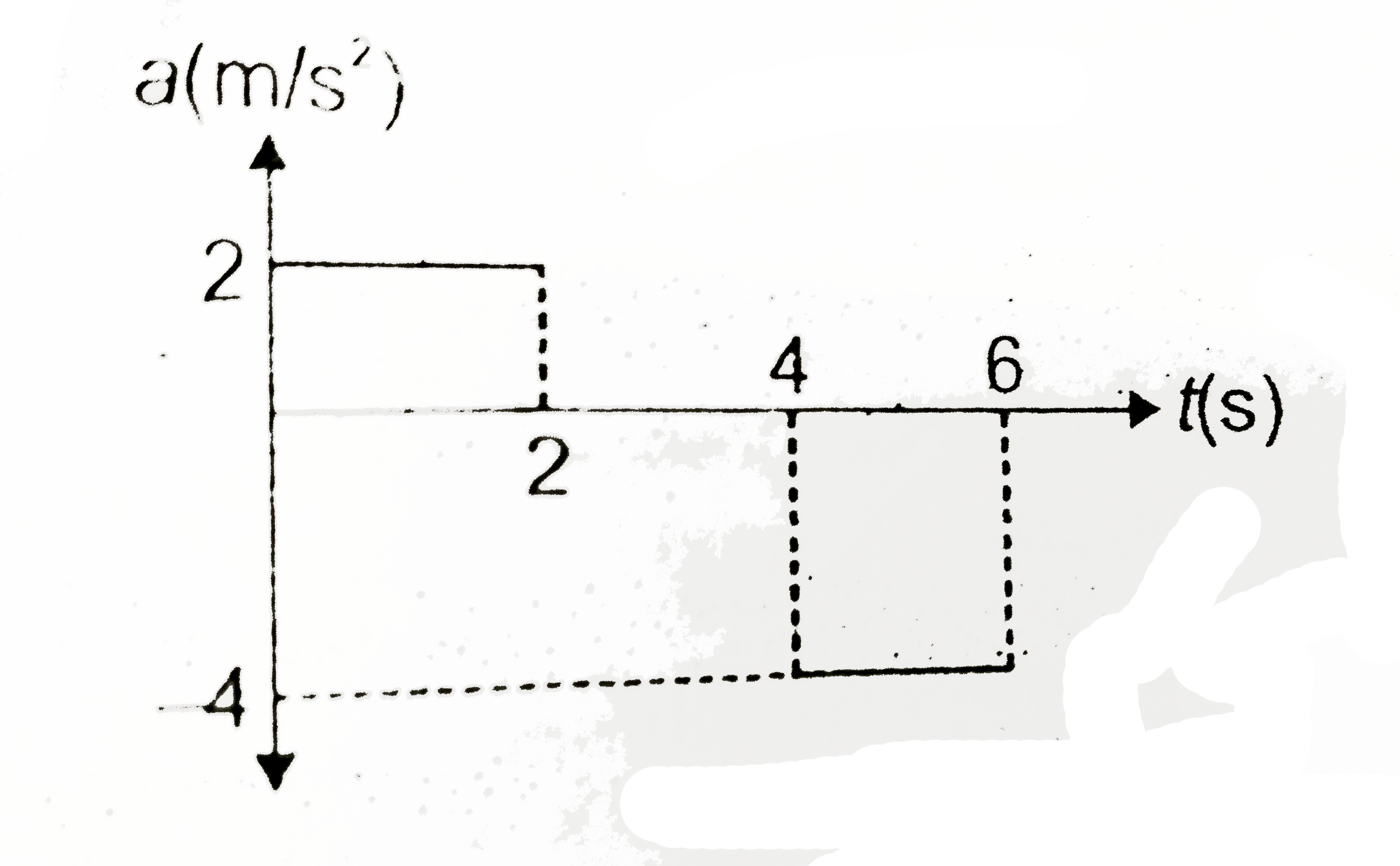The displacement of a particle starts from rest is proportional to the square of time, then the particle travels with
uniform acceleration
uniform velocity
increasing acceleration
decreasing velocity
The correct Answer is:A
Step by step video & image solution for The displacement of a particle starts from rest is proportional to the square of time, then the particle travels with by Physics experts to help you in doubts & scoring excellent marks in Class 12 exams.
Updated on:21/07/2023Topper's Solved these Questions
- MOTION IN A STRAIGHT LINE BOOK - AAKASH SERIESCHAPTER - MOTION IN A STRAIGHT LINE EXERCISE - EXERCISE -II
80 Videos
- MOTION IN A STRAIGHT LINE BOOK - AAKASH SERIESCHAPTER - MOTION IN A STRAIGHT LINE EXERCISE - PRACTICE EXERCISE
58 Videos
- MOTION IN A STRAIGHT LINE BOOK - AAKASH SERIESCHAPTER - MOTION IN A STRAIGHT LINE EXERCISE - very Short answer type question
15 Videos
- MOTION IN A PLANEBOOK - AAKASH SERIESCHAPTER - MOTION IN A PLANEEXERCISE - QUESTION FOR DESCRIPTIVE ANSWER
7 Videos
- MOVING CHARGES AND MAGNETISMBOOK - AAKASH SERIESCHAPTER - MOVING CHARGES AND MAGNETISMEXERCISE - EXERCISE-III
49 Videos
Similar Questions
The distance travelled by a particle is proportional to the squares of time, then the particle travels with
View Solution(A):The displacement of a particle starting from rest is directly proportional to the cube of the time of travel then the particle is moving with non uniform acceleration.
(R ):Acceleration →a=d2→sdt2
View SolutionThe displacement of a body is given to be proportional to the cube of time elapsed. The magnitude of the acceleration of the body is
View SolutionIf the displacement of an object is proportional to square of time, then the object moves with
View SolutionIn a straight line motion the distance travelled is proportional to the square root of the time taken The acceleration of the particle is proportional to :-
View SolutionThe acceleratin of a particle increases linearly with time t as 6t. If the initial velocity of the particles is zero and the particle starts from the origin, then the distance traveled by the particle in time t will be
View SolutionThe displacement of a particle starting from rest (at t=0) is given by s=6t2−t3. The time in seconds at which the particle will attain zero velocity again, is
View SolutionA particle retards from a velocity v0while moving in a straight line. If the magnitude of deceleration is directly proportional to the square loop of the speed of the particle, find its average velocity for the total time of its motion.
View SolutionThe total energy of a particle executing SHM is directly proportional to the square of the following quantity.
View SolutionA particle starts from rest. Its acceleration is varying with time as shown in the figure. When the particle comes to rest, its distance from its starting point is

View Solution
